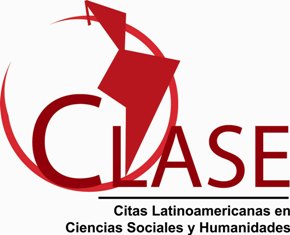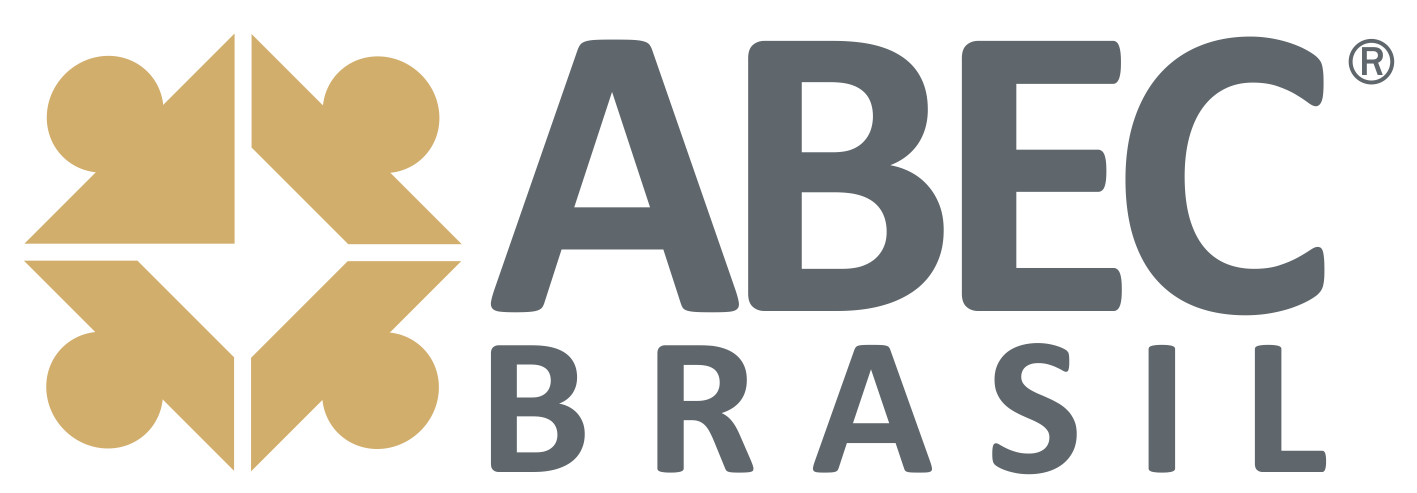THE COLLABORATION OF ACTION RESEARCH FOR THE STRUGGLE OF THE VIVA DEUS COMMUNITY
DOI:
https://doi.org/10.22169/revint.v17i40.2310Abstract
This article is a result of the dissertation work entitled “Planting in the hope of leaving the land”: Experiences of struggle in popular education and human emancipation in the Viva Deus Community, presented in 2021, to the Graduate Program in Educational Practices, in the line of research on Pluriculturality, Interculturality and Interdisciplinary Educational Practices, at the Federal University of Maranhão, campus of Imperatriz/MA, which presented the struggle experiences of a landless encampment that struggles for the land tenure regularization of the land where it lives. Thus, in this text, we seek to present the contributions of action research to the resistance movement of Popular Education in that community. For this, we sought the collaboration of Demo (1998, 2012), Zanette (2017), Minayo (2000, 2007), Ludke and André (1986), Bogdan and Biklen (1994, 1997) and Freire (1989), as well as Thiollent (2009, 2020), to think and rethink the methodological principles of research – action. At first, we will define the qualitative research perspective in its historical-social commitment with the processes of liberation of the working class, as well as present the perspective of action research and the process of constitution of the research locus. Then, the methodological tools used (field diary, reports, culture circle and the situation-problem-challenge) will be announced, whose functioning is closely articulated with the principles of action research. Finally, we will present the collaboration of qualitative research for the resistance movements of Popular Education.
Keywords: Action research; Qualitative Perspective; Popular Education.
Downloads
Downloads
Published
How to Cite
Issue
Section
License
Os direitos autorais dos artigos publicados na Revista são de acordo com a licença CC-BY-ND - Creative Commons ( https://creativecommons.org/licenses/by-nd/4.0/legalcode)
Esta licença permite que outras pessoas reutilizem o trabalho para qualquer finalidade, inclusive comercialmente; no entanto, não pode ser compartilhado com outras pessoas de forma adaptada e o crédito deve ser fornecido ao autor.
Os direitos autorais dos artigos publicados na Revista são do autor, com os direitos de primeira publicação para a Revista





























